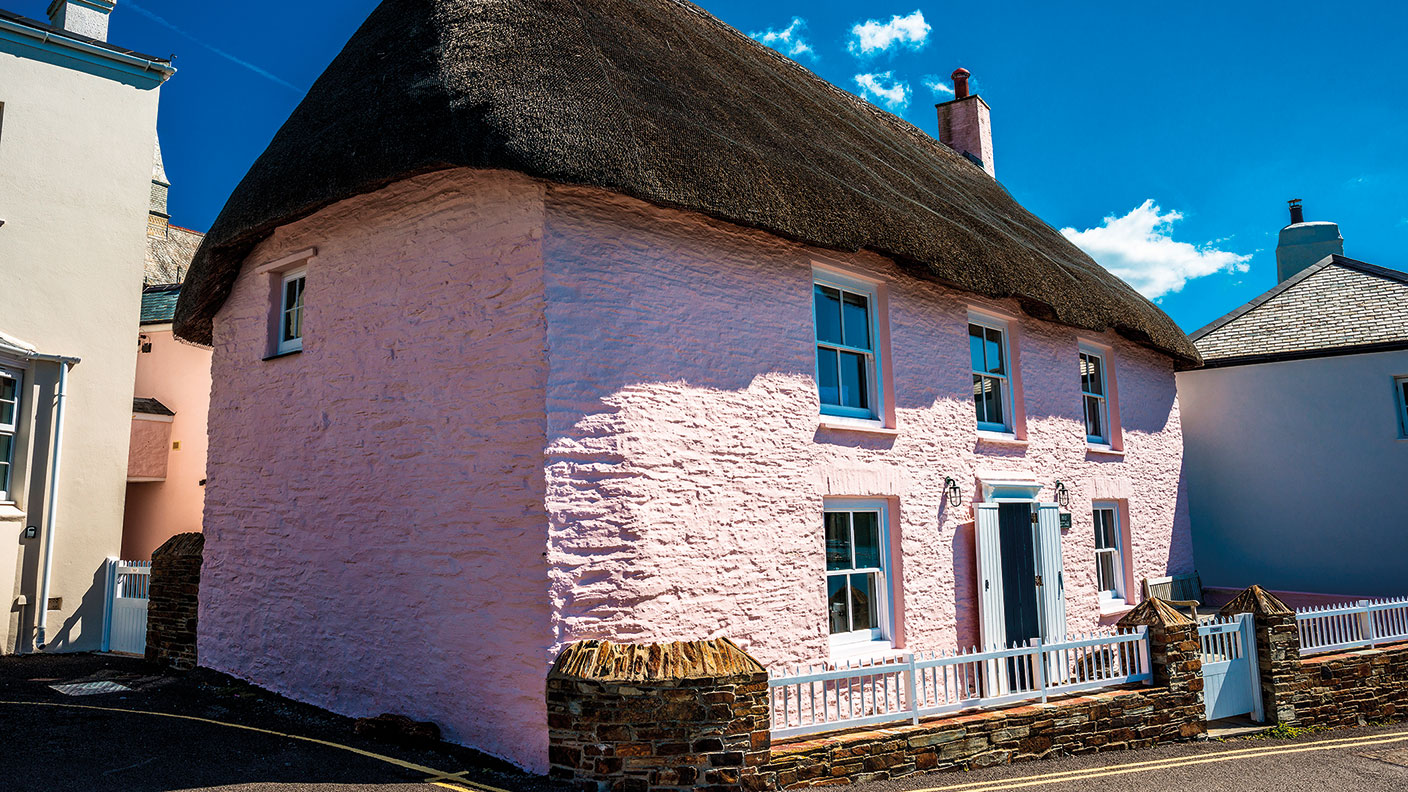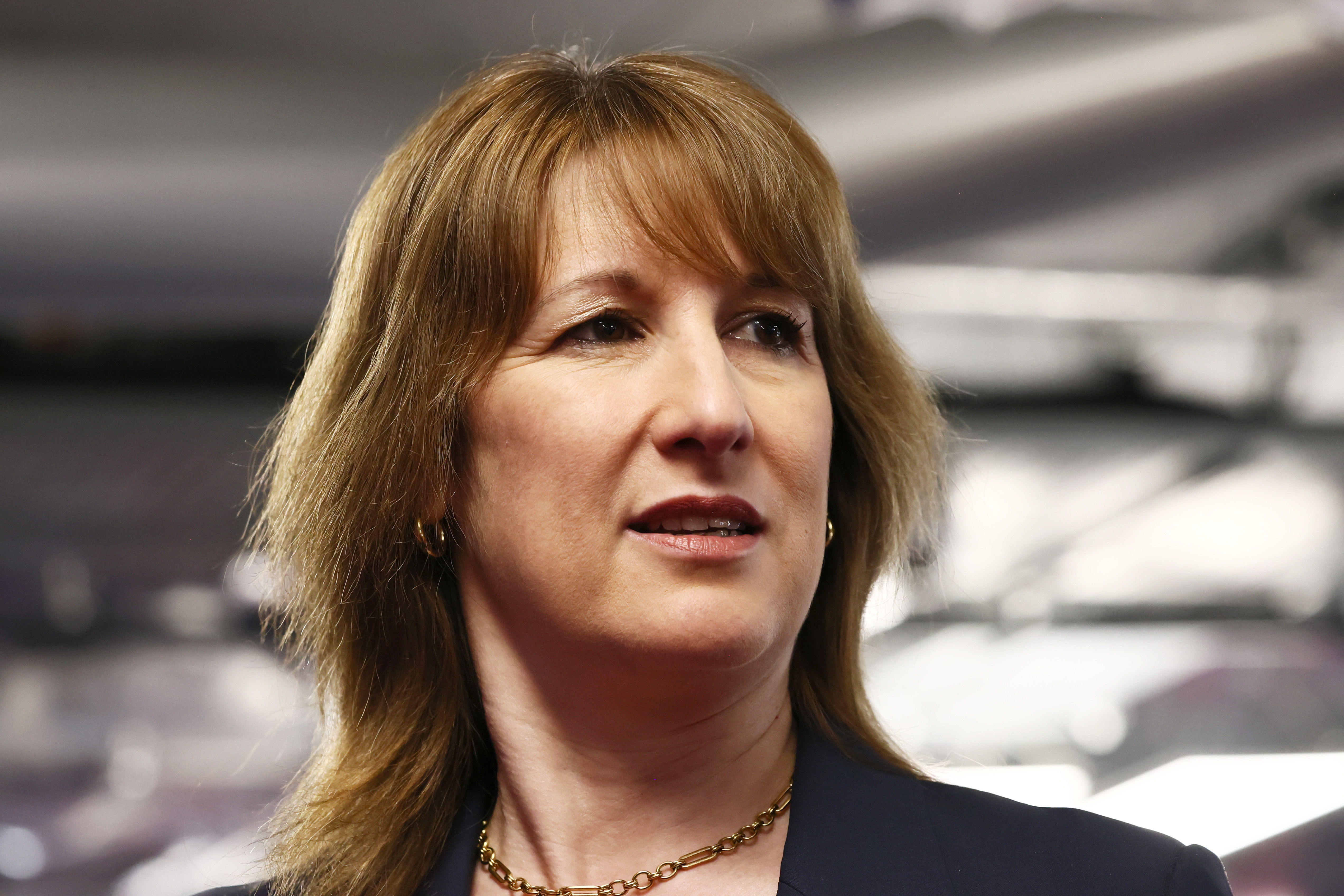Cash-poor homeowners should beware of equity-release
Struggling savers should think twice before using equity release schemes to tap their homes for money.


Get the latest financial news, insights and expert analysis from our award-winning MoneyWeek team, to help you understand what really matters when it comes to your finances.
You are now subscribed
Your newsletter sign-up was successful
Want to add more newsletters?
Equity-release specialists report a surge in demand from homeowners in their sixties forced to stop work earlier than expected or concerned about the impact of Covid-19 on their finances. More people than ever before are turning to their homes to bolster their income. For the cash-strapped, equity release has never looked more appealing. Not only have house prices hit record highs, but interest rates are also historically low. The most competitive equity-release plans now carry annual rates of less than 2.5%.
But even at these lower rates, the cost of equity-release plans builds up over time, potentially leaving borrowers with little or no property wealth to pass on to children. The younger the borrower when they take out the equity-release plan, the higher the costs are likely to be.
Plan providers usually require homeowners to be at least 55 before they will lend to them.
Try 6 free issues of MoneyWeek today
Get unparalleled financial insight, analysis and expert opinion you can profit from.

Sign up to Money Morning
Don't miss the latest investment and personal finances news, market analysis, plus money-saving tips with our free twice-daily newsletter
Don't miss the latest investment and personal finances news, market analysis, plus money-saving tips with our free twice-daily newsletter
In the past, however, the average borrower has typically been significantly older – often in their seventies – which makes the product more affordable.
This reflects the nature of the product. Most equity-release plans are mortgages secured against your home, but with no repayments due while you remain in the property. Instead, interest rolls up over time and is repayable, along with the capital borrowed, when you finally move out of the property, or on your death.
How the payments spiral
This structure appeals to homeowners who need to convert the capital in their homes into income. The mortgage can be drawn down over time or invested to generate an income – without having to worry about repayments. But with interest charges subject to additional interest, the total amount owed can spiral rapidly.
A 75-year-old homeowner releasing £60,000 of capital from a home worth £300,000 would owe around £77,000 by age 85, assuming an interest rate of 2.5% on the plan. Someone taking out the same plan at age 65 would owe almost £99,000 by the time they reached age 85.
However, today’s equity-release plans are more flexible. For example, drawing down cash as you need it, rather than in one lump sum, can keep costs down as you only pay interest on the money you have taken out of the scheme. You may also have the option of paying interest charges as you go along, cutting the total cost.
Still, financial advisers describe equity-release plans as a last resort for older people worried about their income. For many people, it may make more sense to downsize, freeing up cash by moving to a smaller property. It is crucial to take high-quality independent financial advice before opting for an equity-release plan.
Get the latest financial news, insights and expert analysis from our award-winning MoneyWeek team, to help you understand what really matters when it comes to your finances.

David Prosser is a regular MoneyWeek columnist, writing on small business and entrepreneurship, as well as pensions and other forms of tax-efficient savings and investments. David has been a financial journalist for almost 30 years, specialising initially in personal finance, and then in broader business coverage. He has worked for national newspaper groups including The Financial Times, The Guardian and Observer, Express Newspapers and, most recently, The Independent, where he served for more than three years as business editor.
-
 Iran conflict: What are your rights if you’ve got travel insurance?
Iran conflict: What are your rights if you’ve got travel insurance?US involvement in Iran and the consequent fallout across the Middle East has caused chaos to many people’s travel plans – we reveal your rights if you’re impacted.
-
 What do rising oil prices mean for you?
What do rising oil prices mean for you?As conflict in the Middle East sparks an increase in the price of oil, will you see petrol and energy bills go up?
-
 Financial education: how to teach your children about money
Financial education: how to teach your children about moneyFinancial education was added to the national curriculum more than a decade ago, but it doesn’t seem to have done much good. It’s time to take back control
-
 Rachel Reeves 'should hand back the cash' from bumper tax haul
Rachel Reeves 'should hand back the cash' from bumper tax haulOpinion Chancellor Rachel Reeves is cheering higher-than-expected tax receipts. But where has the money come from?
-
 Why annuities are back in fashion for retirees
Why annuities are back in fashion for retireesThe appeal of annuities has been boosted by higher interest rates. So should you buy an annuity with part of your pension savings?
-
 Default pension funds: what’s in your workplace pension?
Default pension funds: what’s in your workplace pension?Default pension funds will often not be the best option for young savers or experienced investors
-
 Plan 2 student loans: a tax on aspiration?
Plan 2 student loans: a tax on aspiration?The Plan 2 student loan system is not only unfair, but introduces perverse incentives that act as a brake on growth and productivity. Change is overdue, says Simon Wilson
-
 Why it might be time to switch your pension strategy
Why it might be time to switch your pension strategyYour pension strategy may need tweaking – with many pension experts now arguing that 75 should be the pivotal age in your retirement planning.
-
 Rachel Reeves is rediscovering the Laffer curve
Rachel Reeves is rediscovering the Laffer curveOpinion If you keep raising taxes, at some point, you start to bring in less revenue. Rachel Reeves has shown the way, says Matthew Lynn
-
 ISA reforms will destroy the last relic of the Thatcher era
ISA reforms will destroy the last relic of the Thatcher eraOpinion With the ISA under attack, the Labour government has now started to destroy the last relic of the Thatcher era, returning the economy to the dysfunctional 1970s